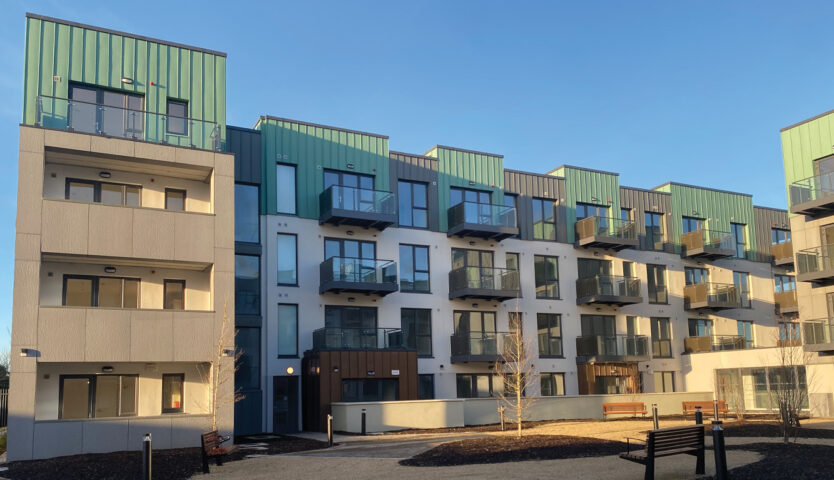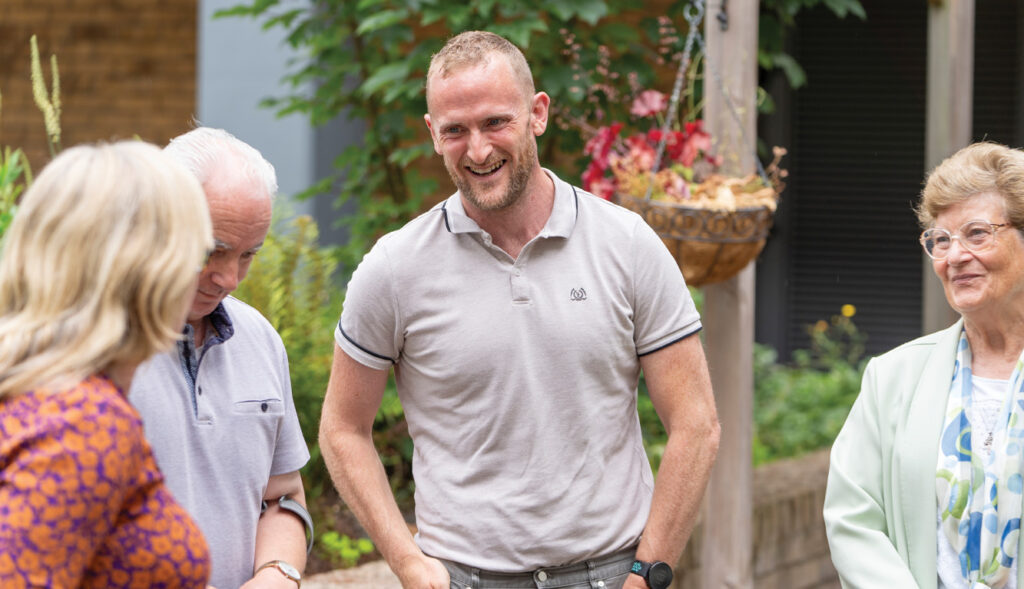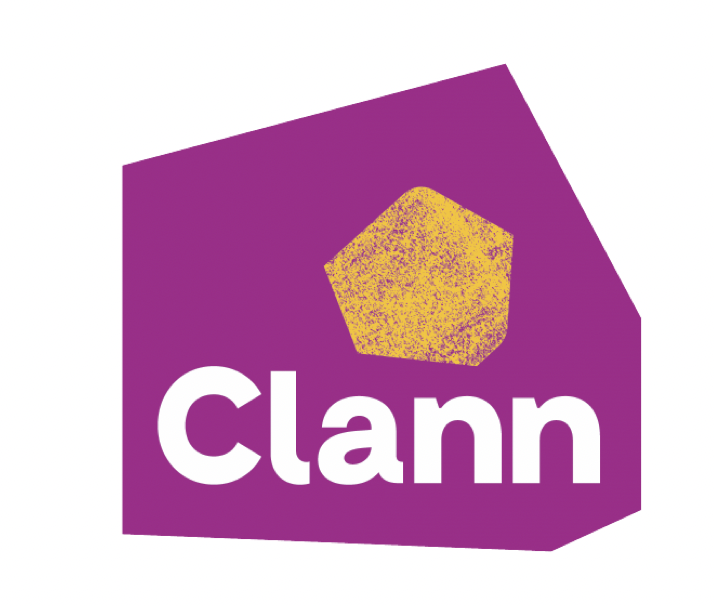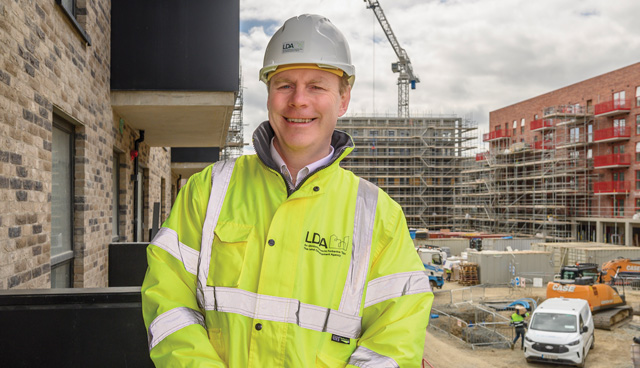
Bigger barriers to housing development than finance
3rd July 2024
Social housing disparity across local authorities
3rd July 2024Age-friendly housing: Meeting the needs of Ireland’s ageing population

The demographic landscape of Ireland is rapidly evolving, with an increasing proportion of the population reaching the age of 65 and over. According to the latest census data, there has been a 22 per cent increase in the number of people aged 65 and over living in Ireland since 2016, and by 2030 20 per cent of the population will fall within this age group.
With this shift in mind, it is crucial to address the housing needs of older individuals to ensure that they can live independently and age in place with dignity. The age-friendly housing sector in Ireland has historically been underdeveloped. However, in recent years, it has received increased attention, particularly in the context of Housing for All – a New Housing Plan for Ireland. The Housing Commission report also emphasises the need for substantial investment to ensure an adequate supply of age-appropriate housing.
Recognising the unmet need for suitable housing options for older individuals, Clúid Housing, one of Ireland’s leading approved housing bodies, made the strategic decision to establish Clann in 2020. Clann provides secure, affordable and socially inclusive homes for people aged 55 years and over.
Clann now manages more than 1,000 properties across Ireland. In 2023, it delivered over 190 homes and is looking to almost double this to 380 in 2024. All Clann homes are developed using the principles of Universal Design, to ensure their new residents can age in place and enjoy their homes for many years to come. With a commitment to offering age-friendly housing in urban centres, Clann ensures that residents have access to their communities and appropriate support systems.
A key feature of Clann schemes is that they are located close to local amenities. The neighbouring schemes of Fernwood Green and Maplewood Heights are at the heart of the established community in Tallaght. The development is composed of 40 one- and two-bed bungalows, with a community space where residents can socialise. This community-centred approach is replicated in Clann’s Sallymills scheme, which consists of two purpose-built apartment blocks of 85 one- and two-bedroom homes. The complex has a large communal space, promoting active engagement and positive ageing for residents and community. Confirming the significant demand for such homes, these developments are fully let, and residents are happily settling into their new forever homes. Clann schemes are continually coming on stream, with 81 homes at The Weir in Tallaght welcoming residents from June 2024 and 65 homes at Bethany House, Sandymount, with residents moving in later in the summer.
In January 2024, Steve Loveland was appointed as the Head of Clann. Loveland’s experience in various housing roles, encompassing homelessness and addiction services, as well as general needs social housing, has equipped him with a nuanced understanding of the challenges and opportunities in the age-friendly housing sector.
Loveland explains: “We took the decision to launch Clann because we recognised many older people were ending up in care homes, nursing homes or even hospitals – even when this was not clinically necessary – due to there not being suitable accommodation for them to age in place with dignity.
“Clann does not provide care services. We provide age-friendly housing. The signposting and focus on wellbeing provided by the Clann team is considered low support to meet this need in a new way.”
Loveland highlights the critical importance of a resident-centred approach, putting them at the heart of the decision-making processes.
“I have worked for more than two decades across a variety of housing roles, and I have spent the best part of that time challenging assumptions around ‘solutions’ for certain cohorts that undermined the agency for those groups and inferred vulnerabilities that were rarely warranted.
“There is a danger that we do something similar when talking about housing for older people instead of advocating for options that promote autonomy, choice, independence and dignity. I think a level of humility is appropriate when having any conversations around housing given that the residents of our homes are often far better placed to identify what solutions are best due to their lived experience.”
Loveland points out that initiatives like Clann, with a focus on promoting independence, wellbeing, and community connections, are paving the way for a more inclusive and supportive housing environment for older adults.
“Currently, the PRS [private rental sector] does not provide the choice, suitability or security we want in older age. This can result in a mismatch between our desire to age in place close to existing supports and the appropriateness of those homes available to us.”
The Clann team is developing a new five-year strategy, focusing on ensuring the sustainability of the service.
Loveland says: “Of course, what is required when crafting a strategy for our age-friendly housing is a multi-faceted approach. We need to consider the planning, design and management of our housing schemes, and develop these in consideration of the residents who will ultimately call them home.”
The key challenge to Clann’s growth is a viable funding model that includes non-debt funding.
“Clann already has the largest age-friendly social housing development programme in Ireland. However, we need sustainable funding structures to support increased delivery. Consideration also needs to be given to financing communal areas where residents can build connection and communities, so vital for this age cohort.”
One of Clann’s core aims is to make age-friendly housing widely accessible. With the Government placing a greater emphasis on this topic of debate, there is hope for increased progress in the future.
W: www.clannhousing.ie








